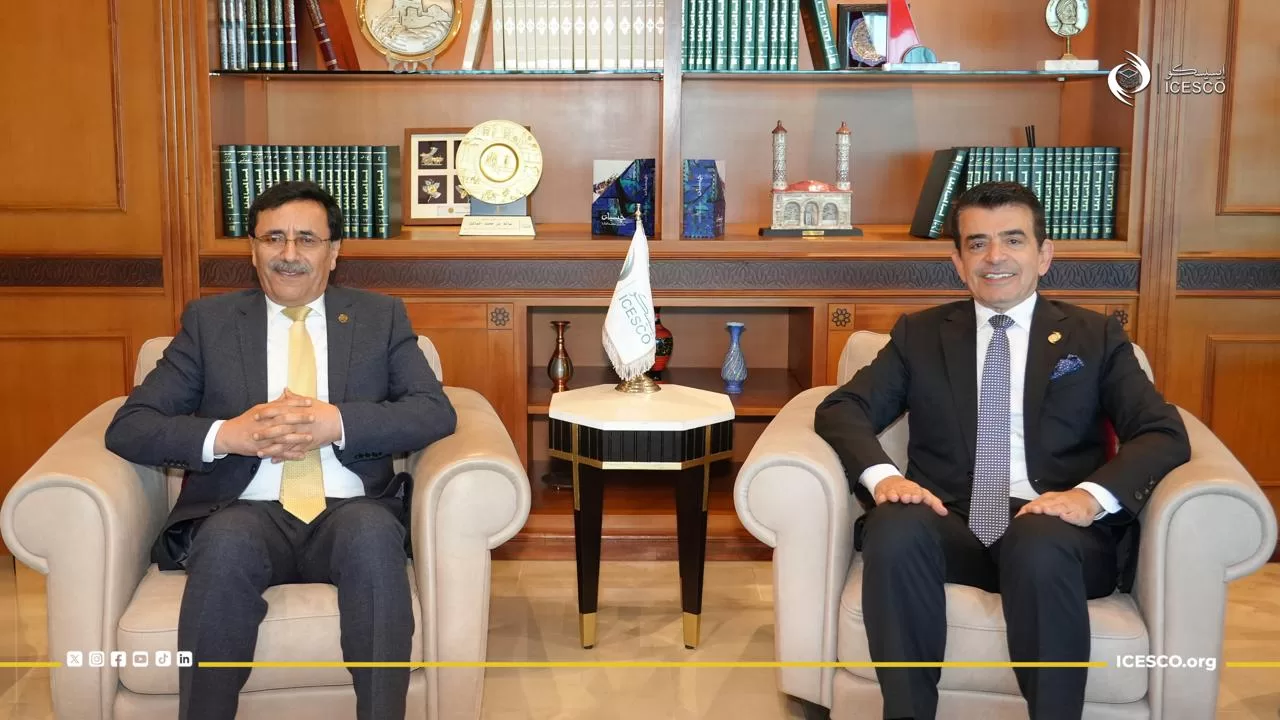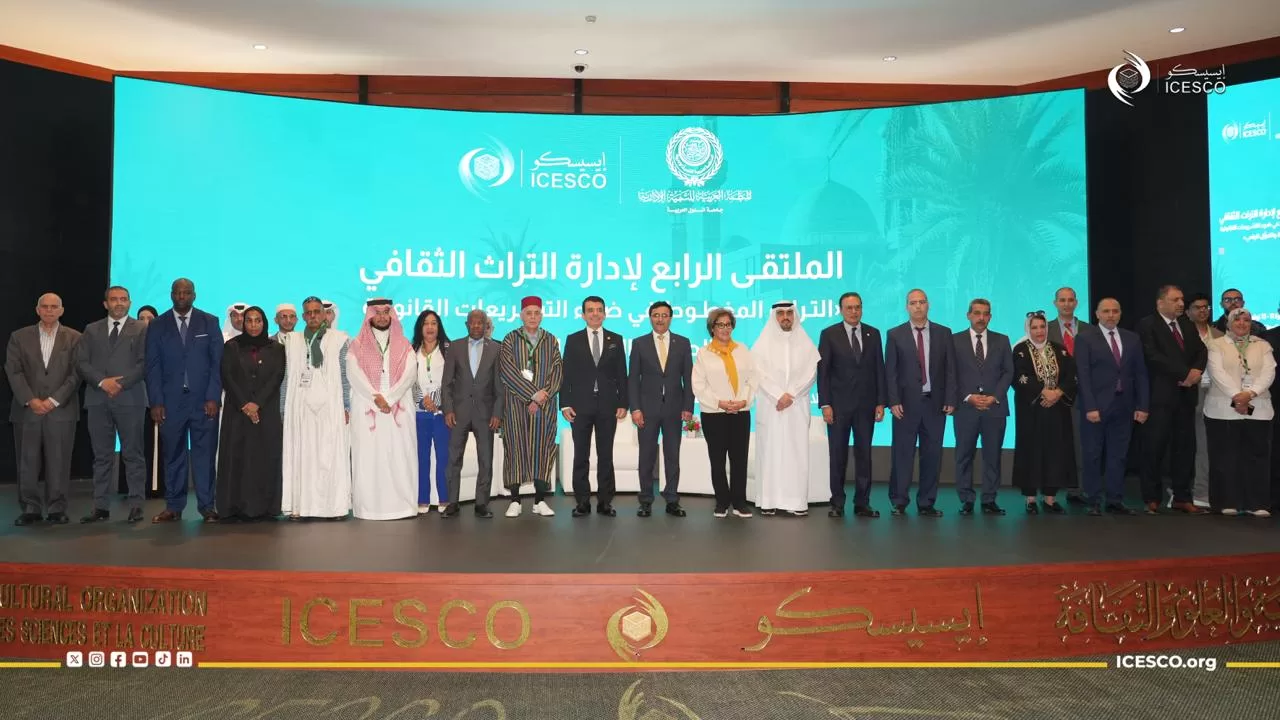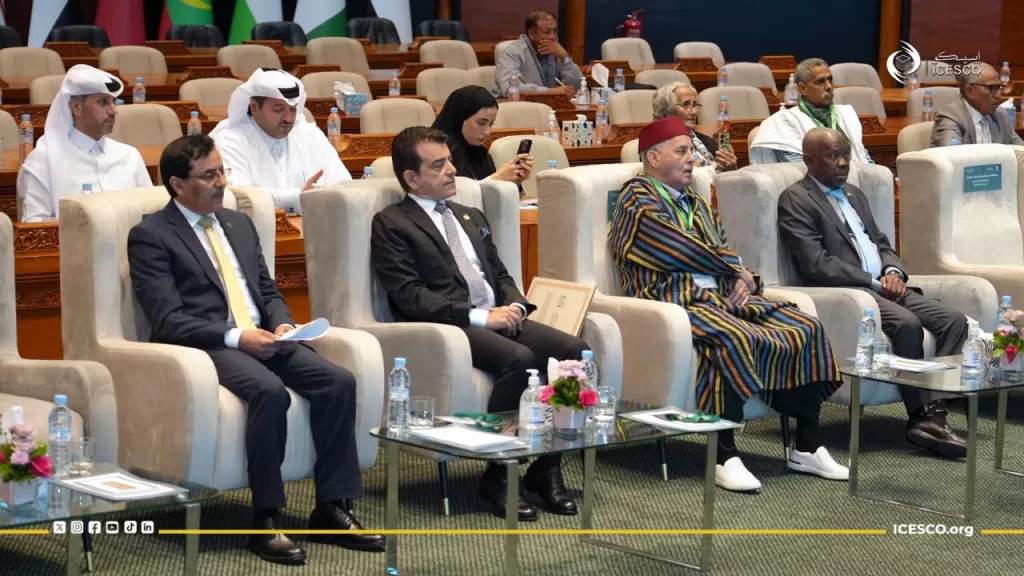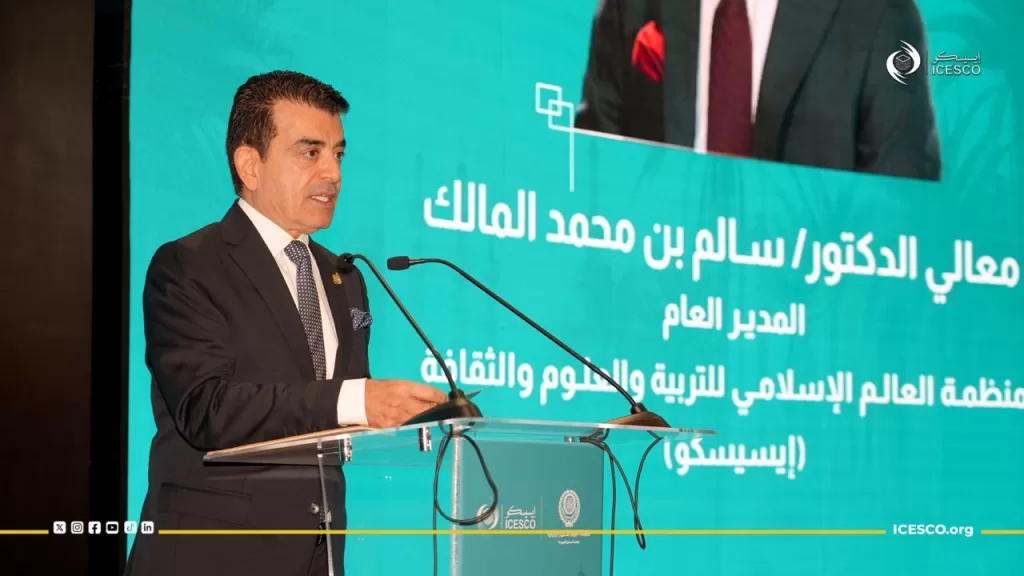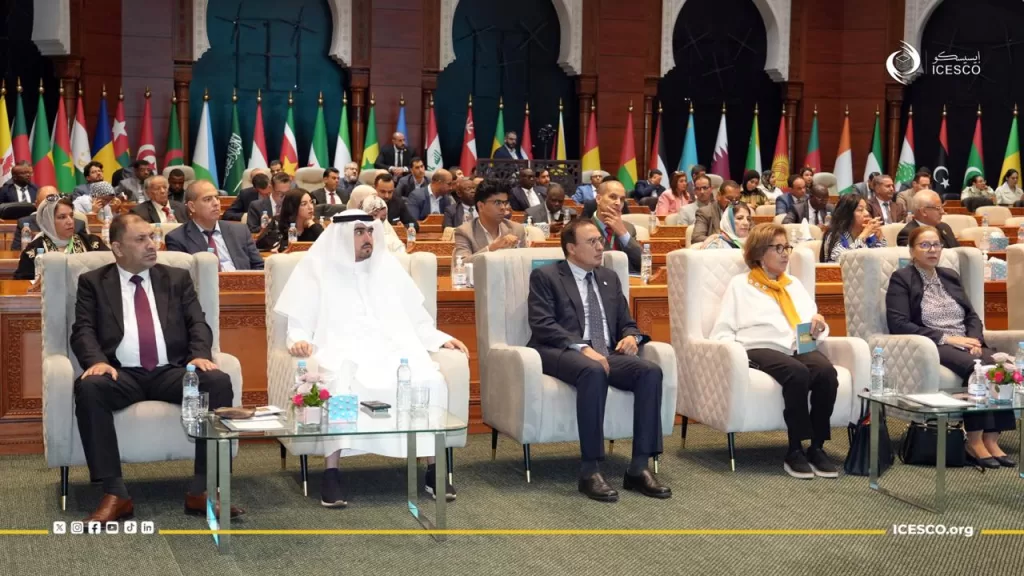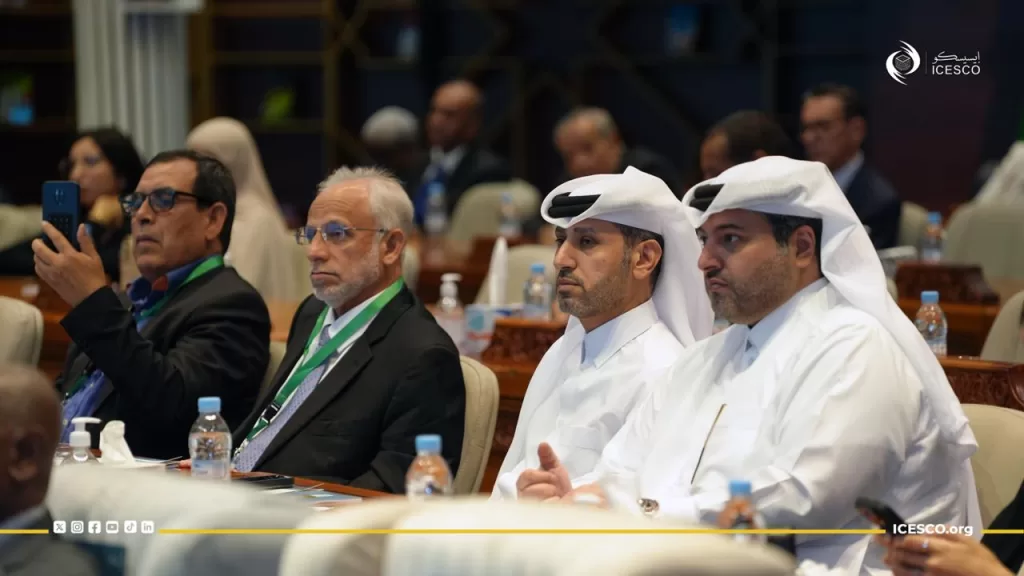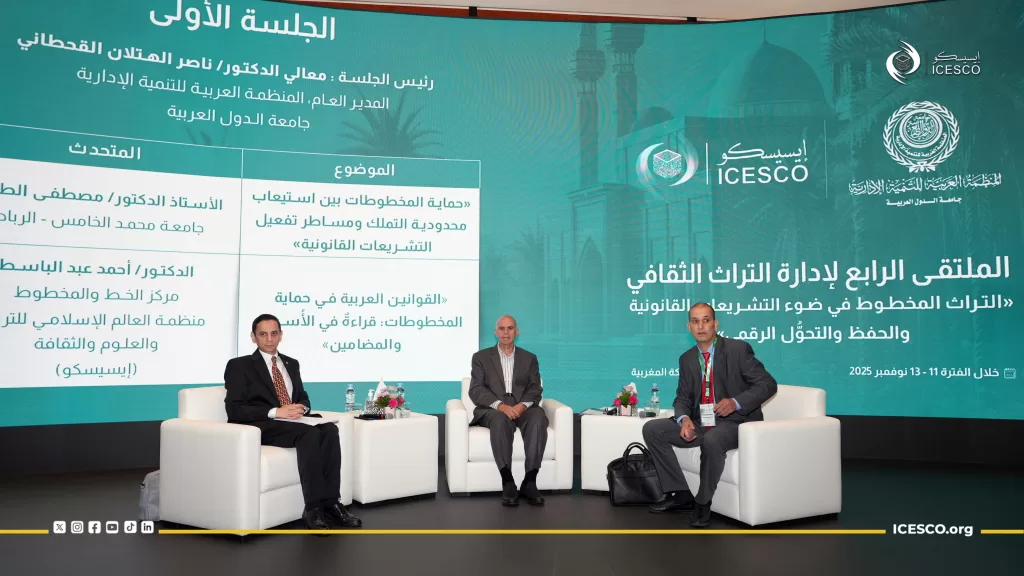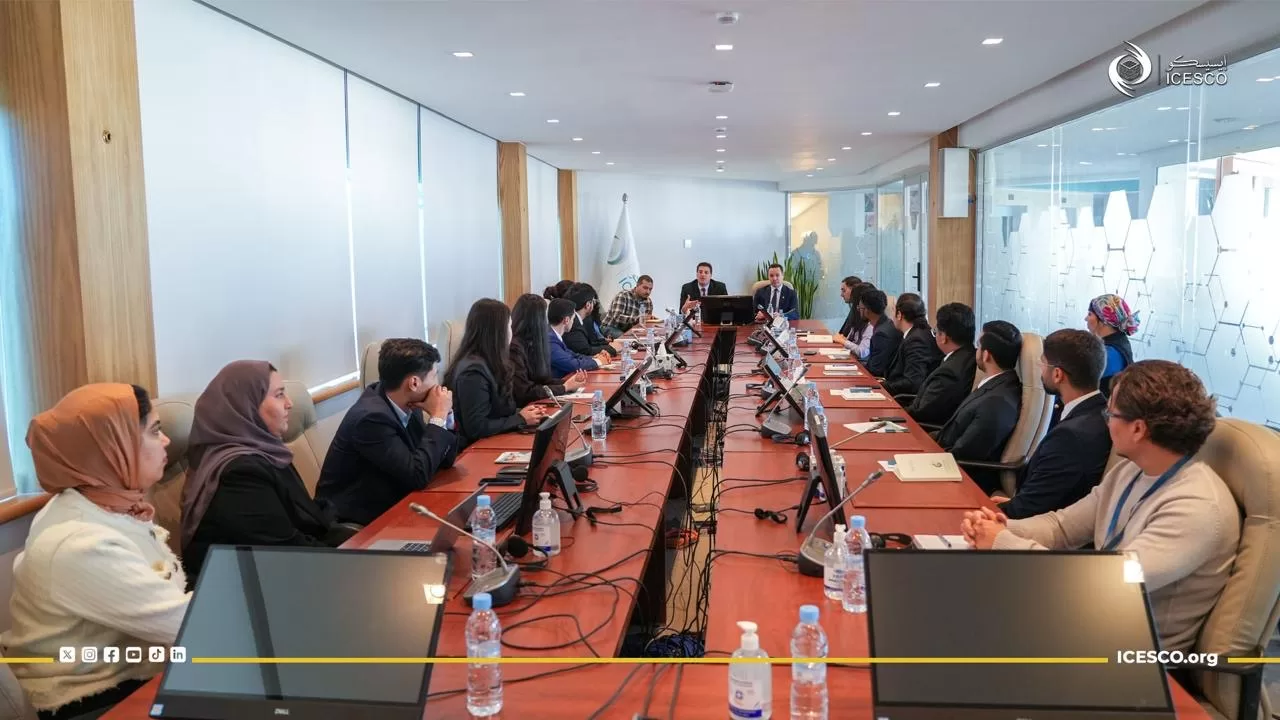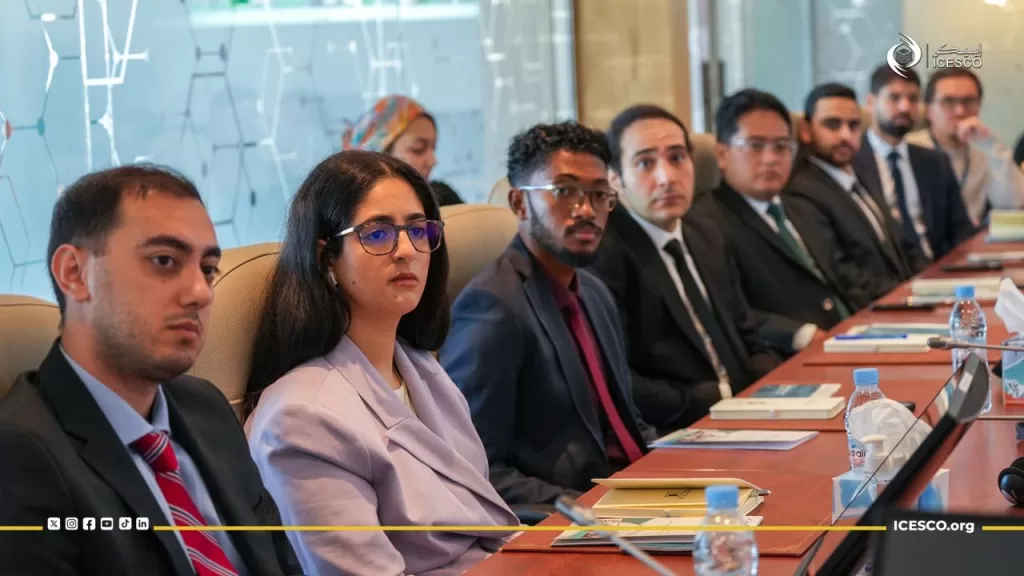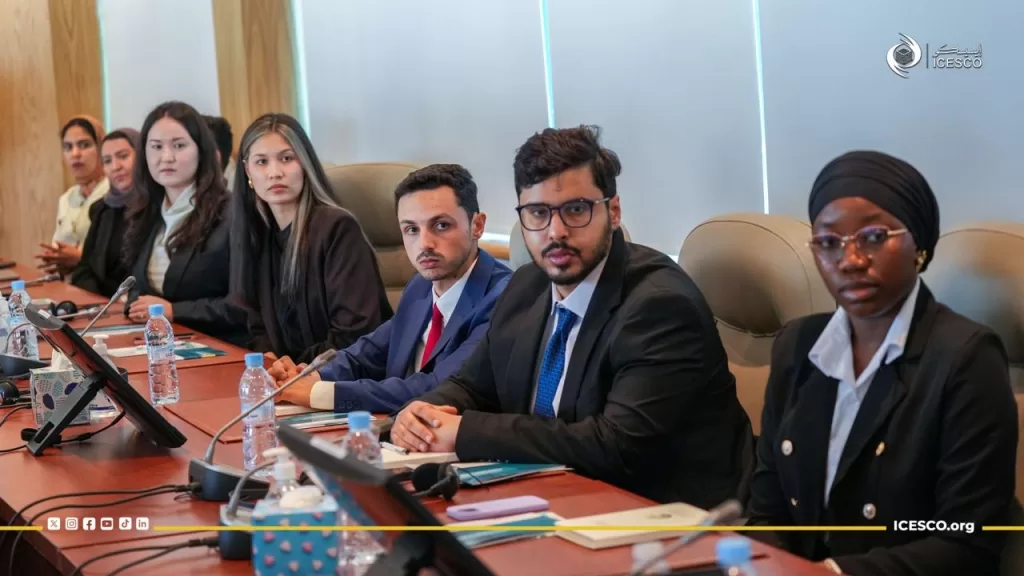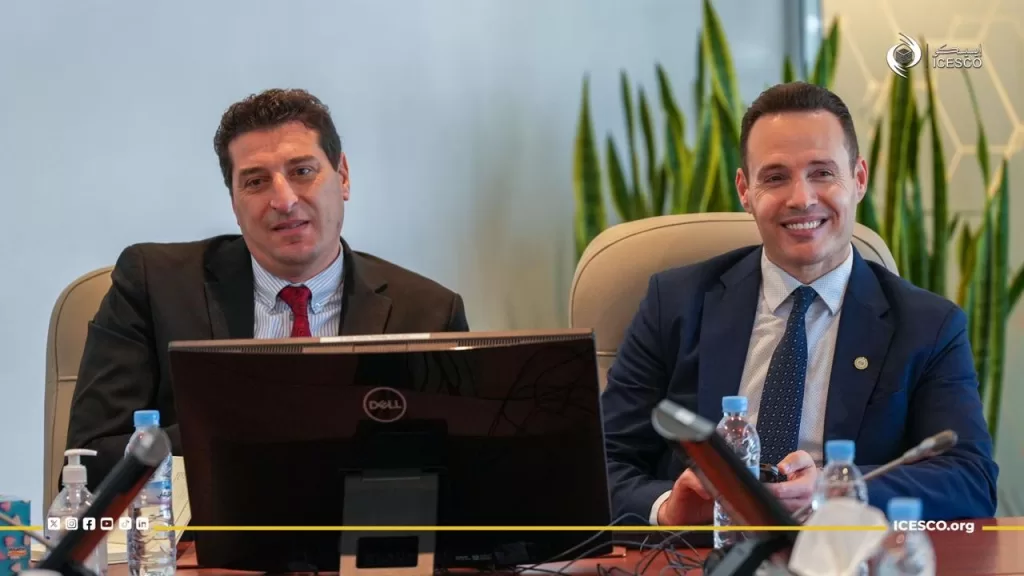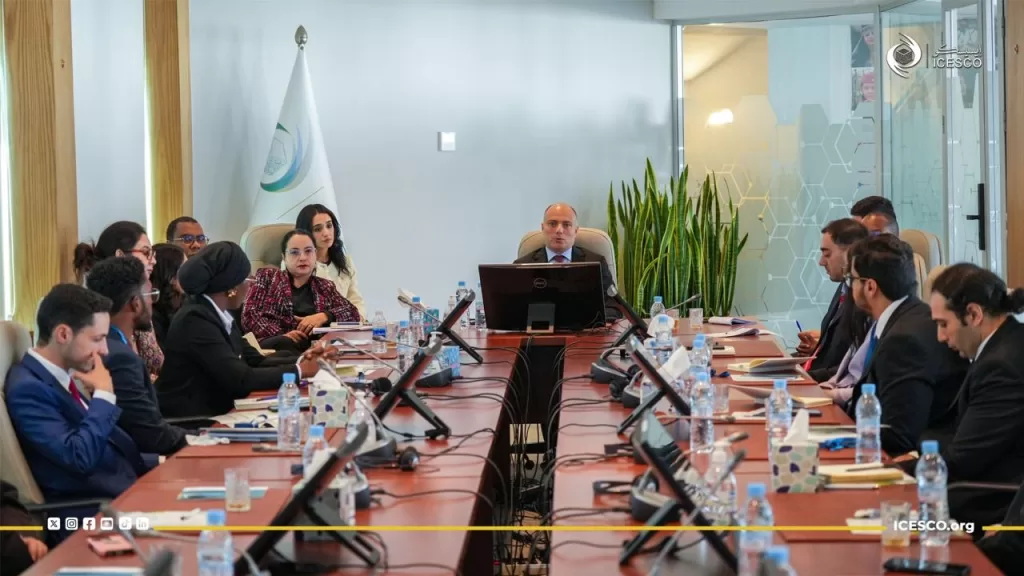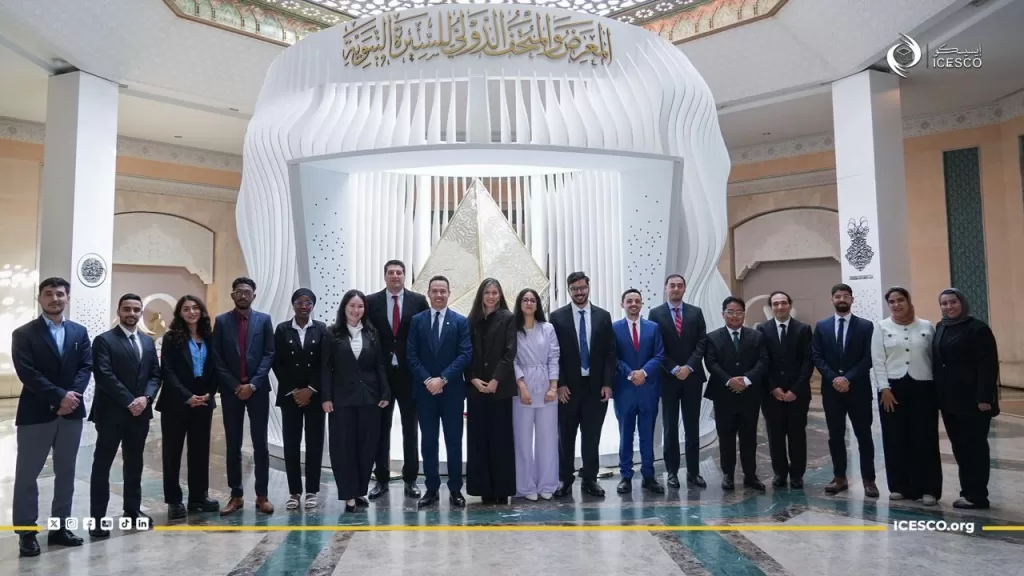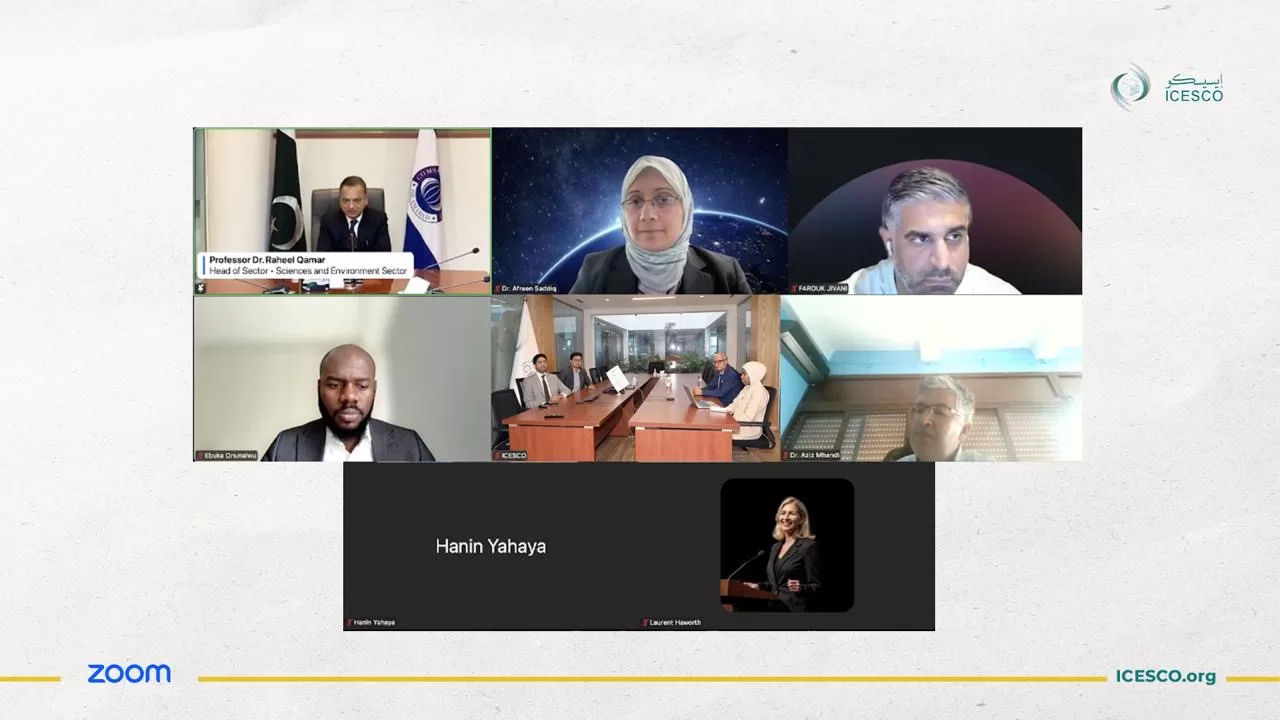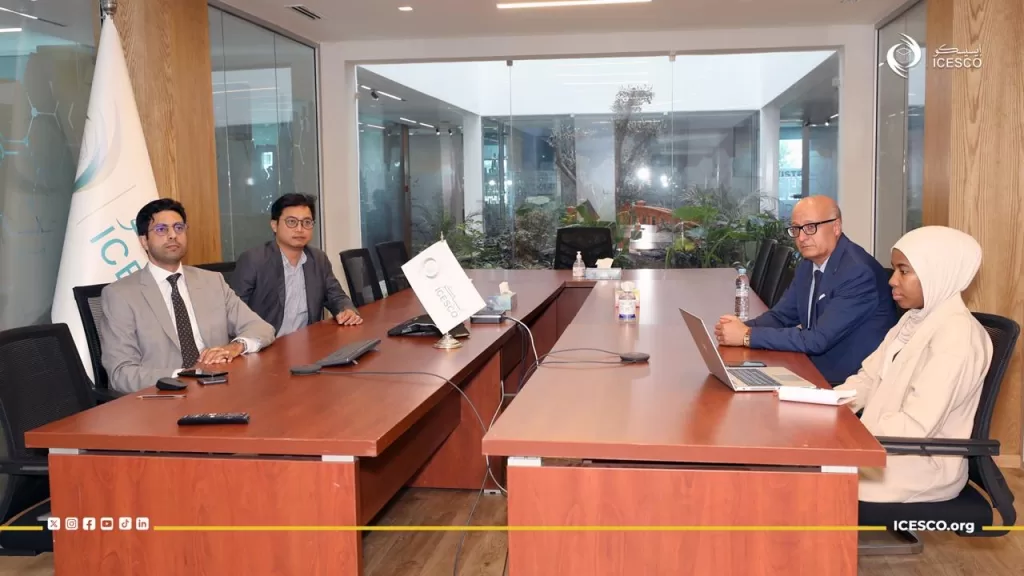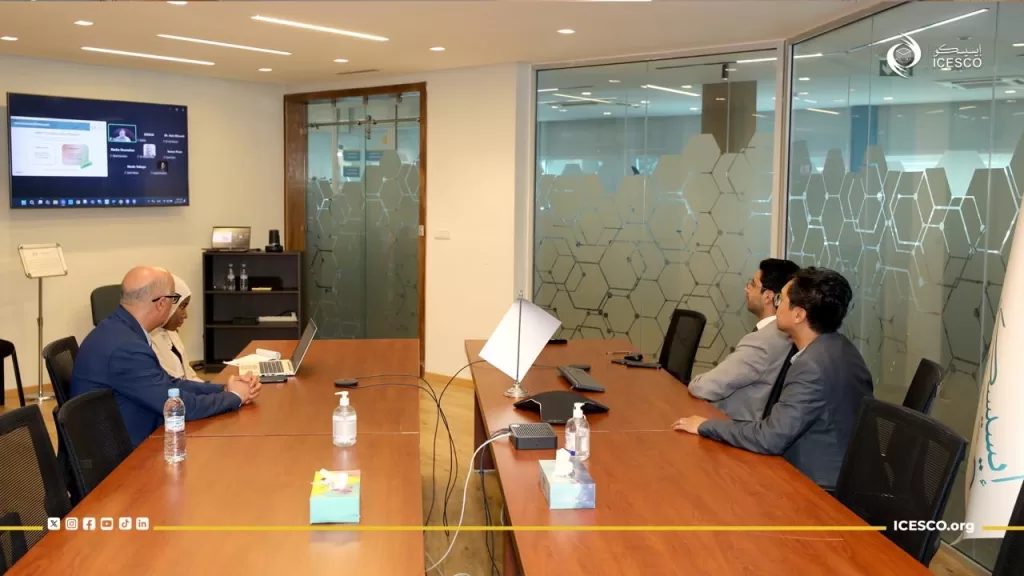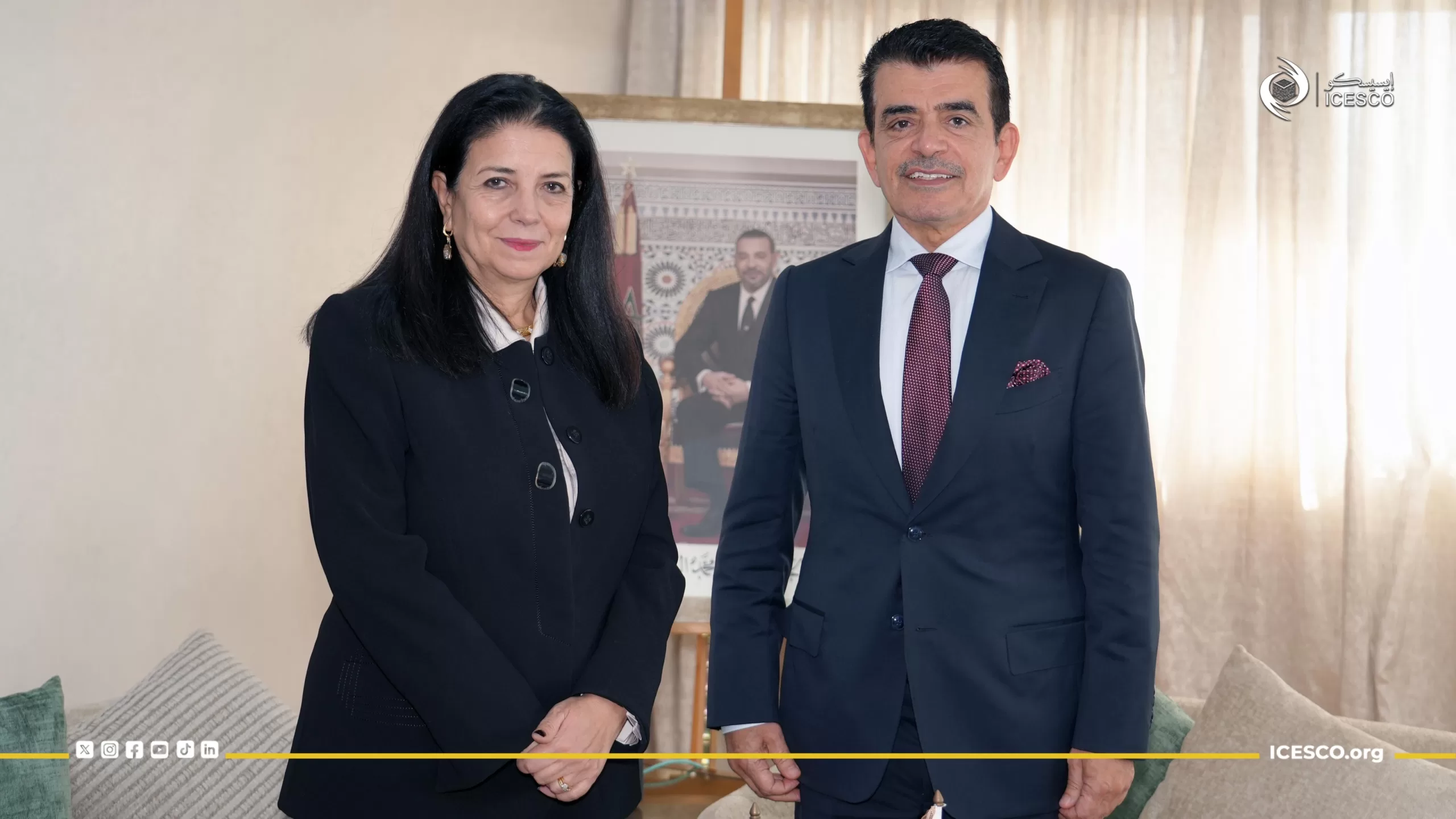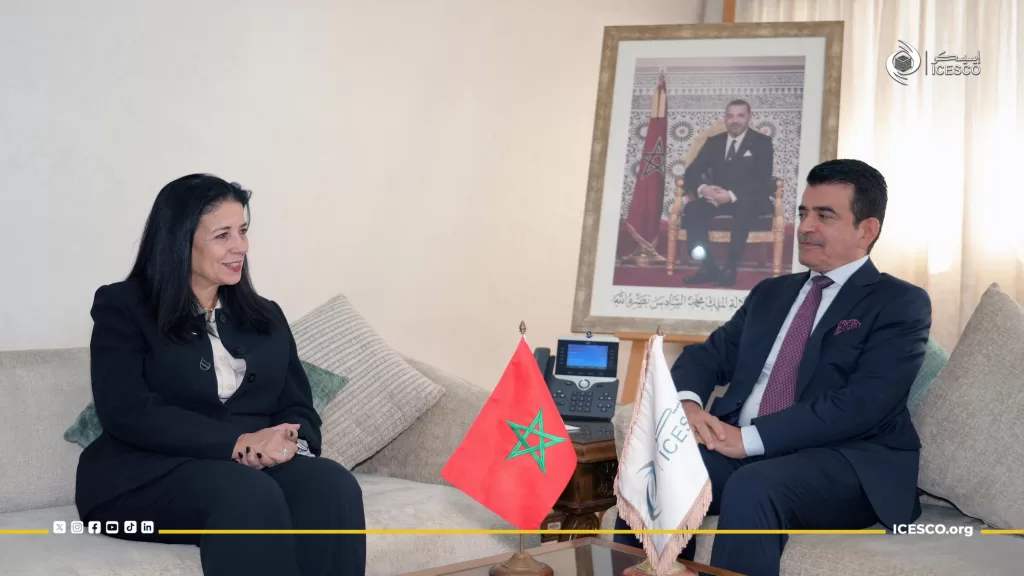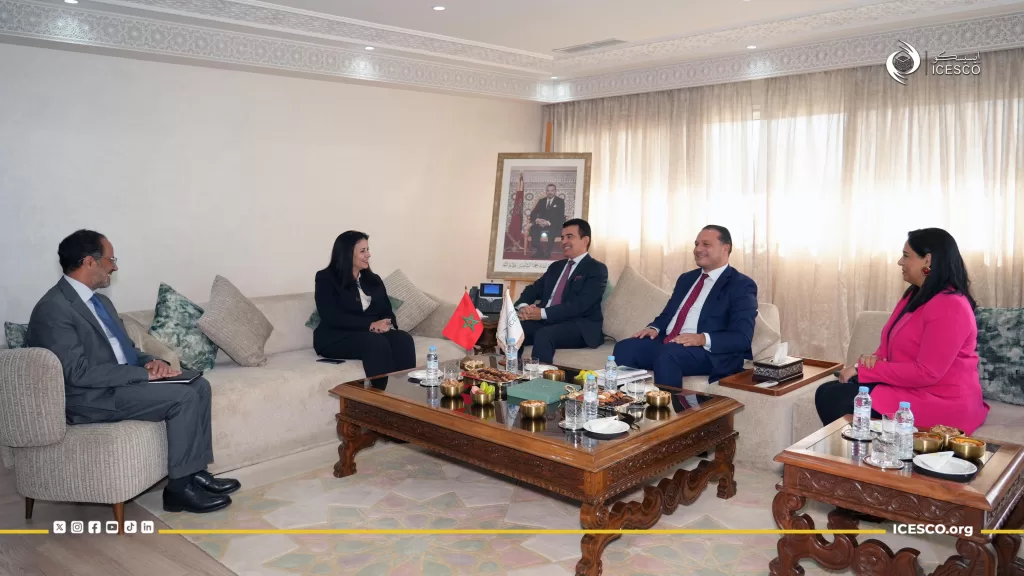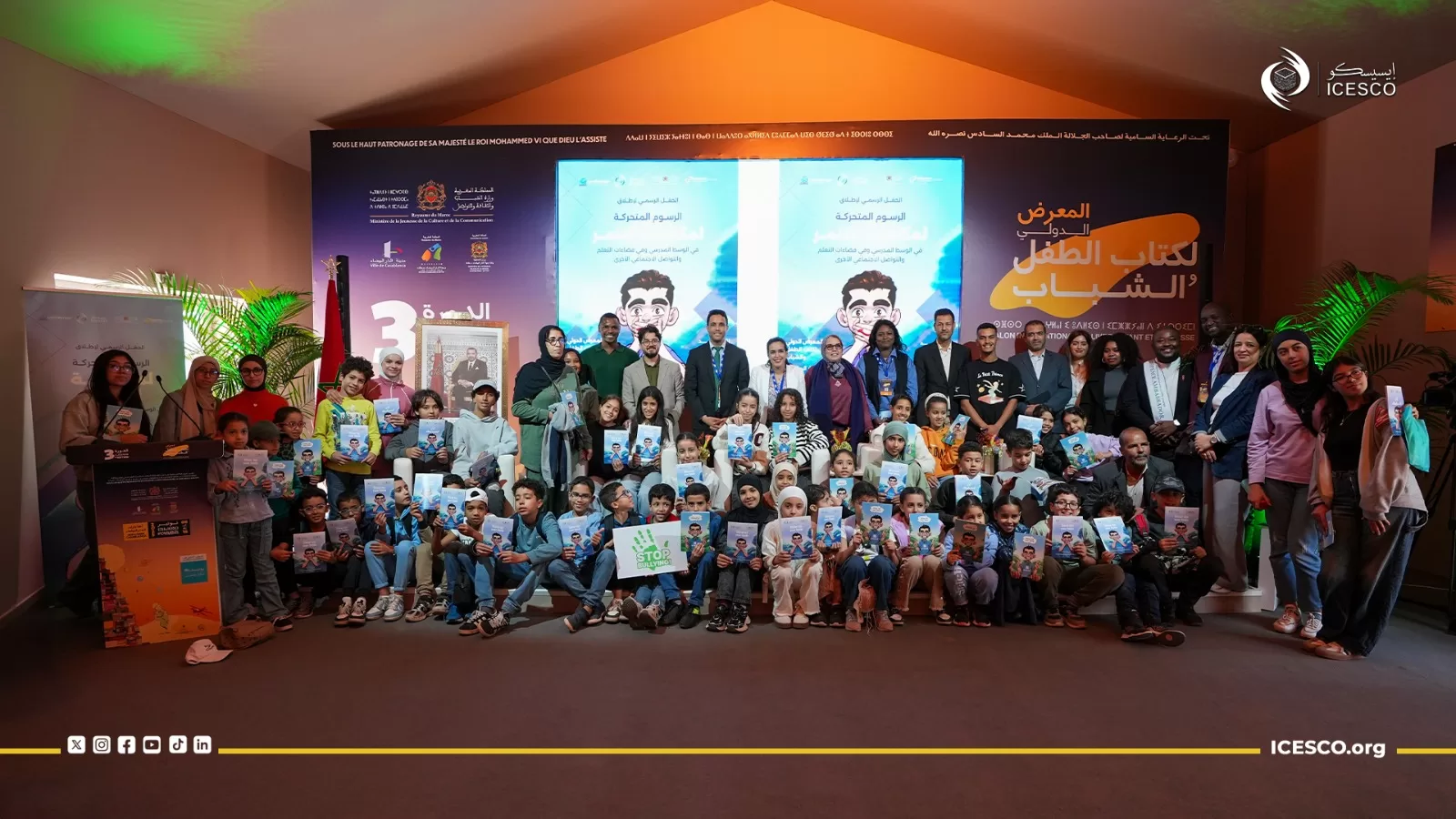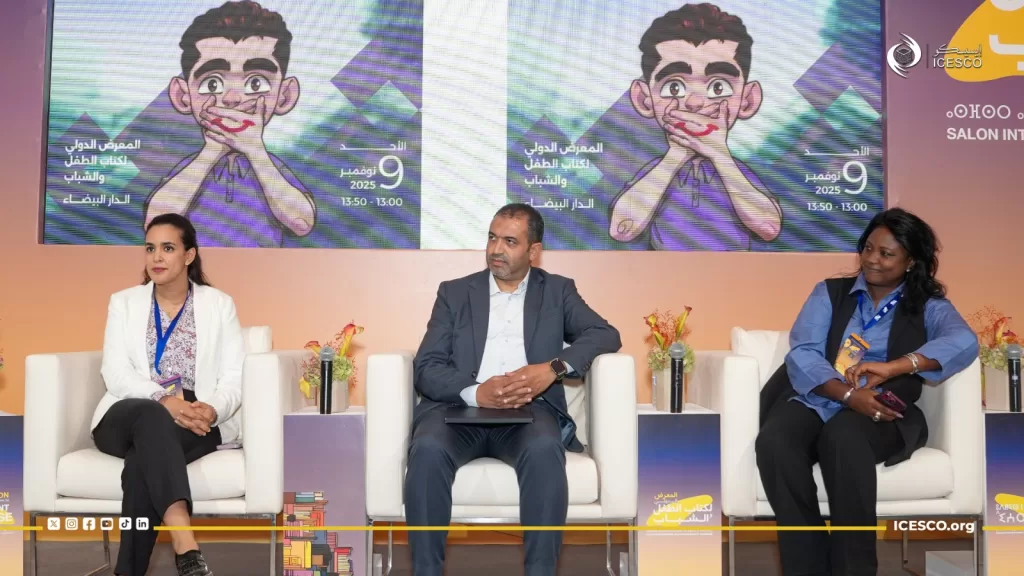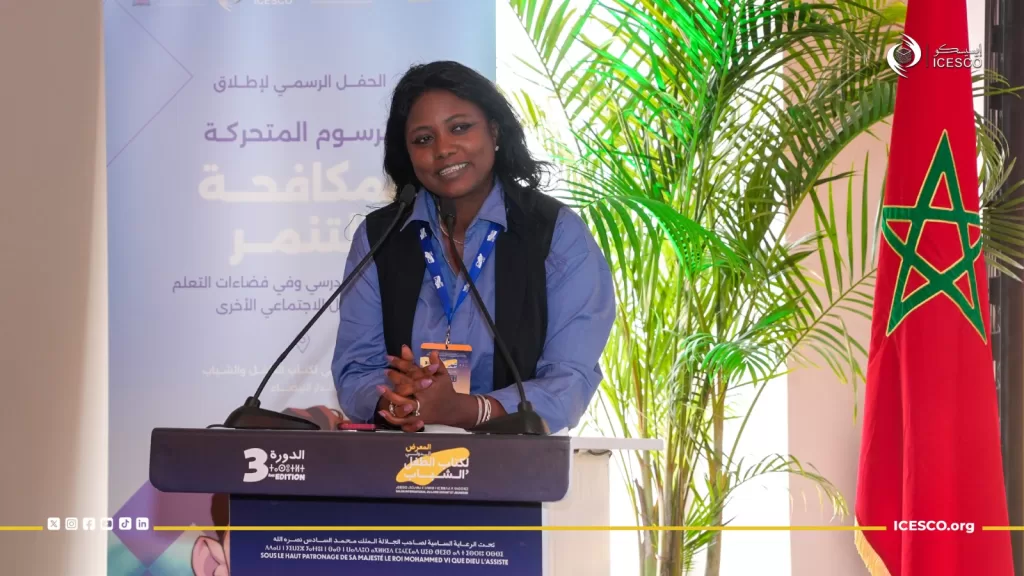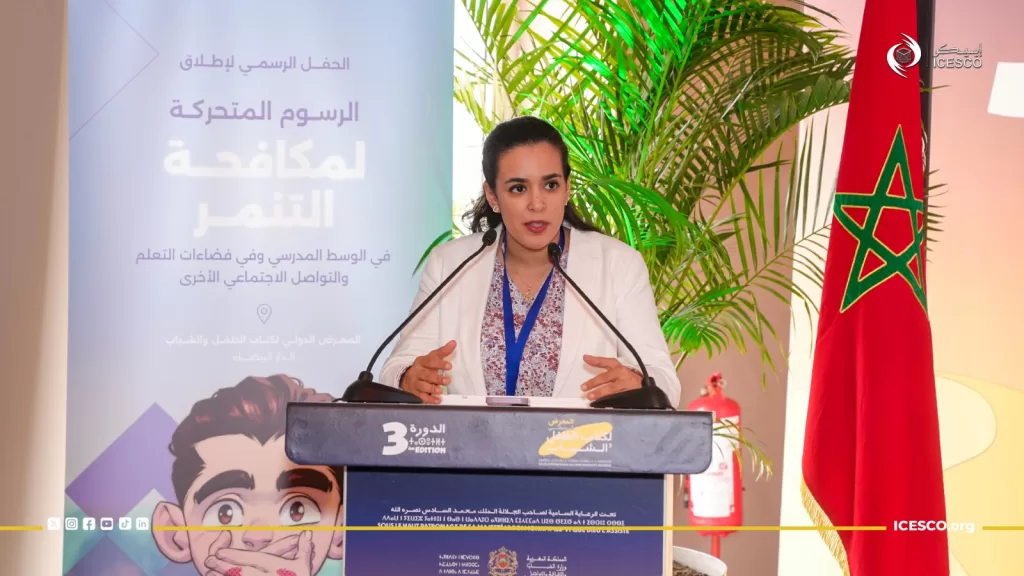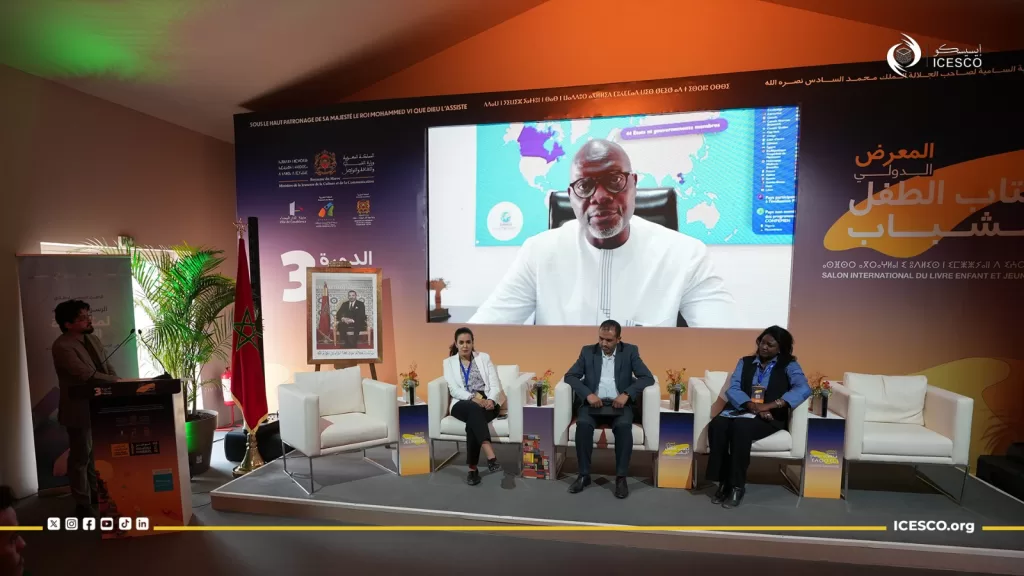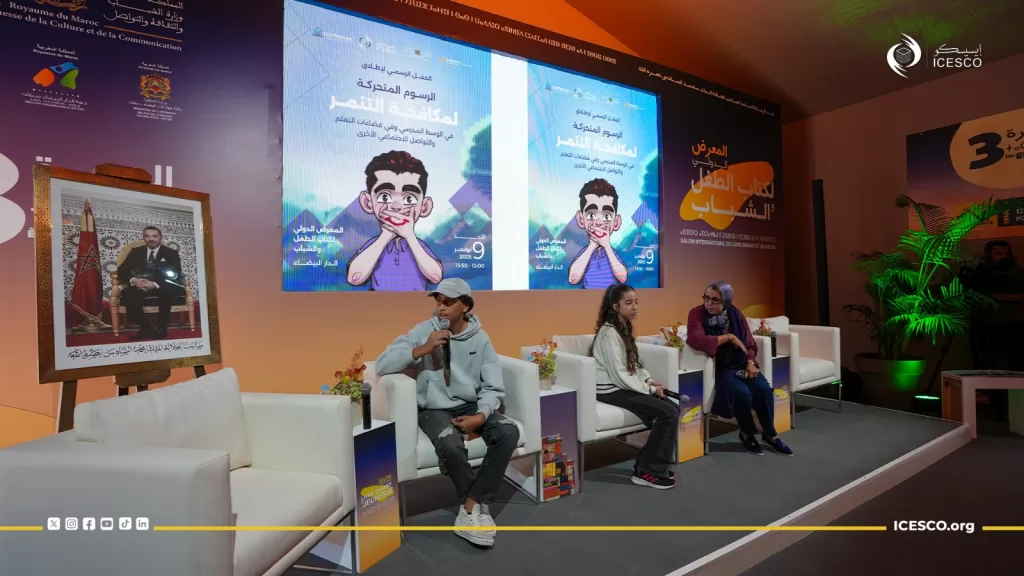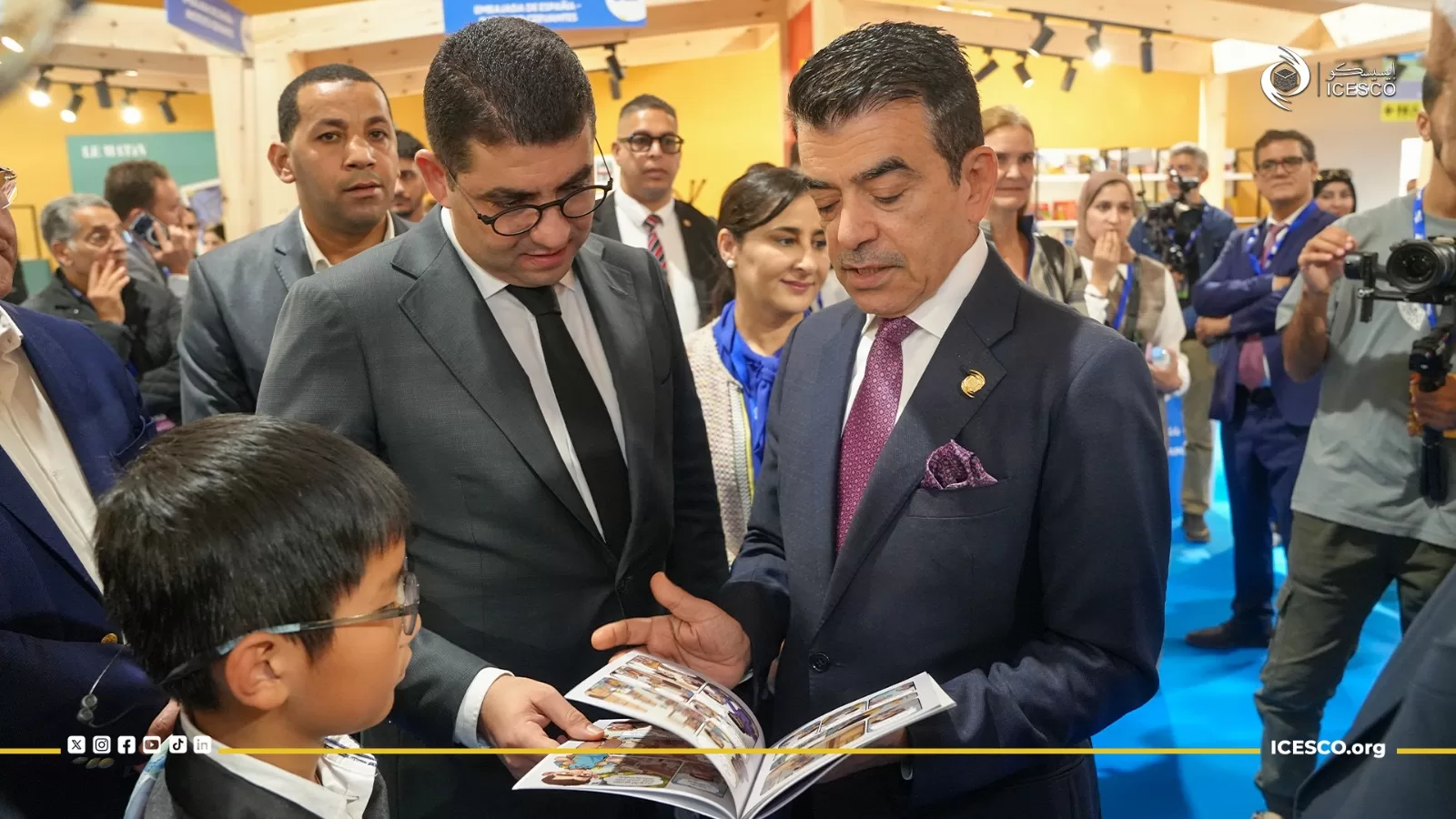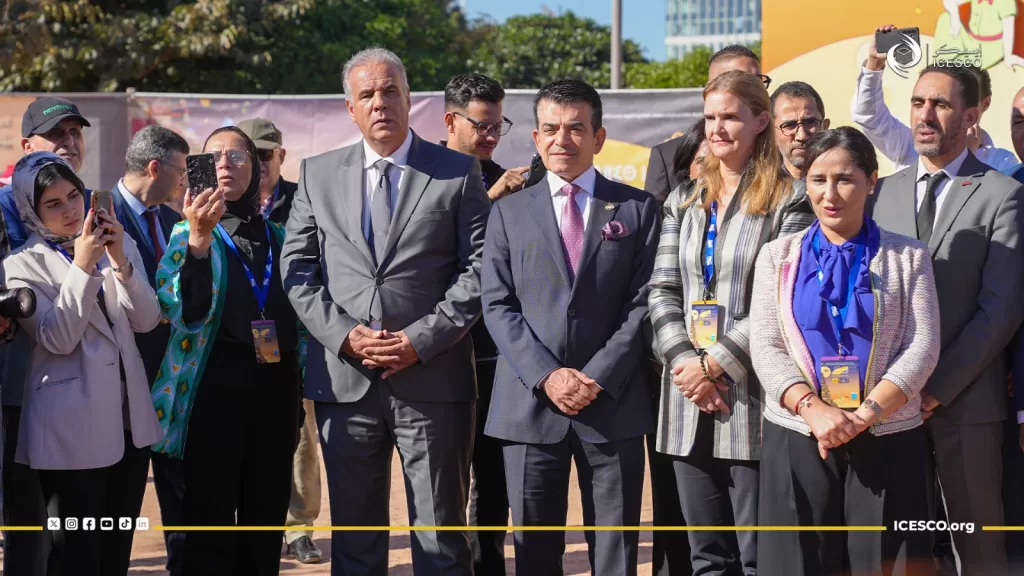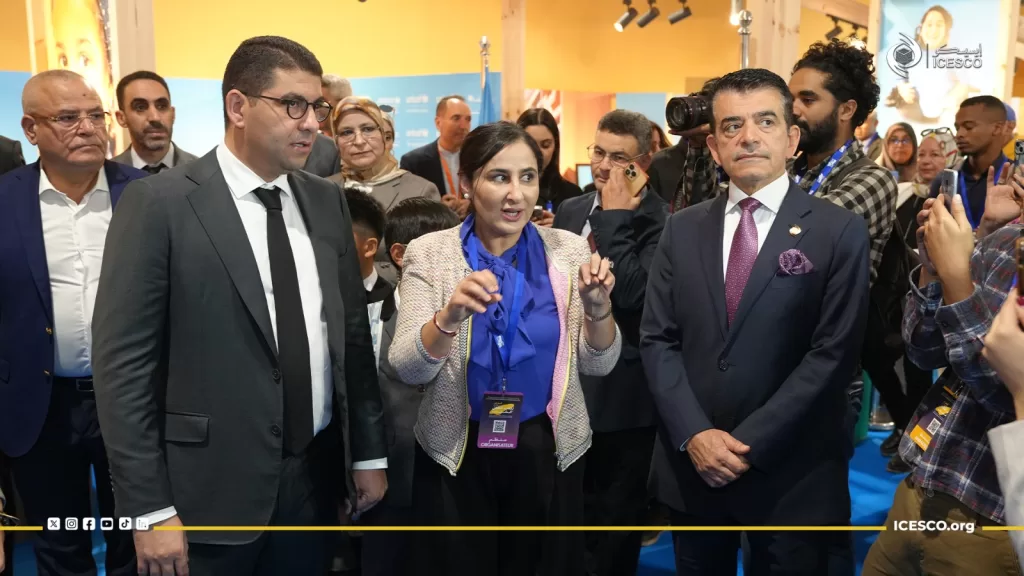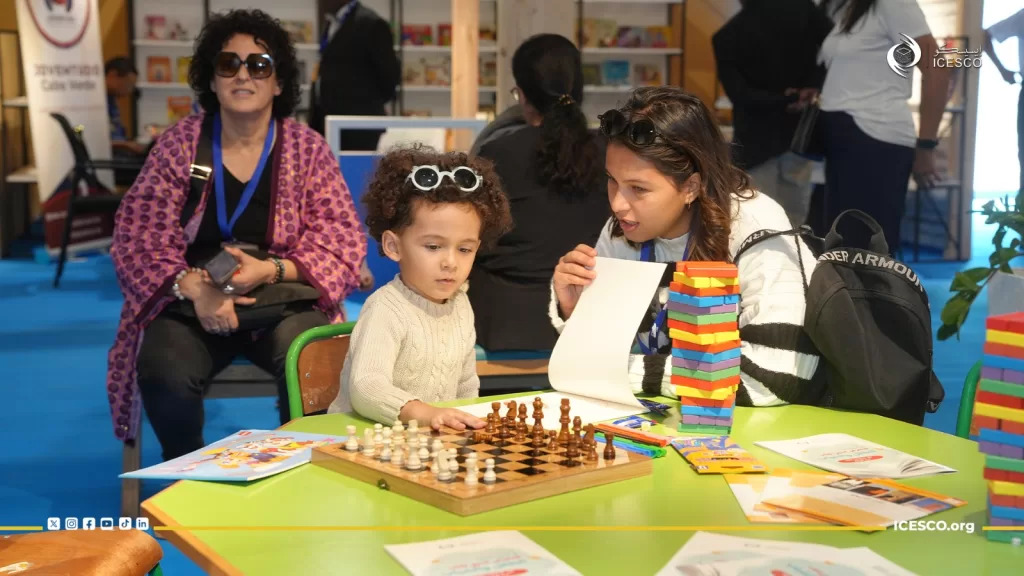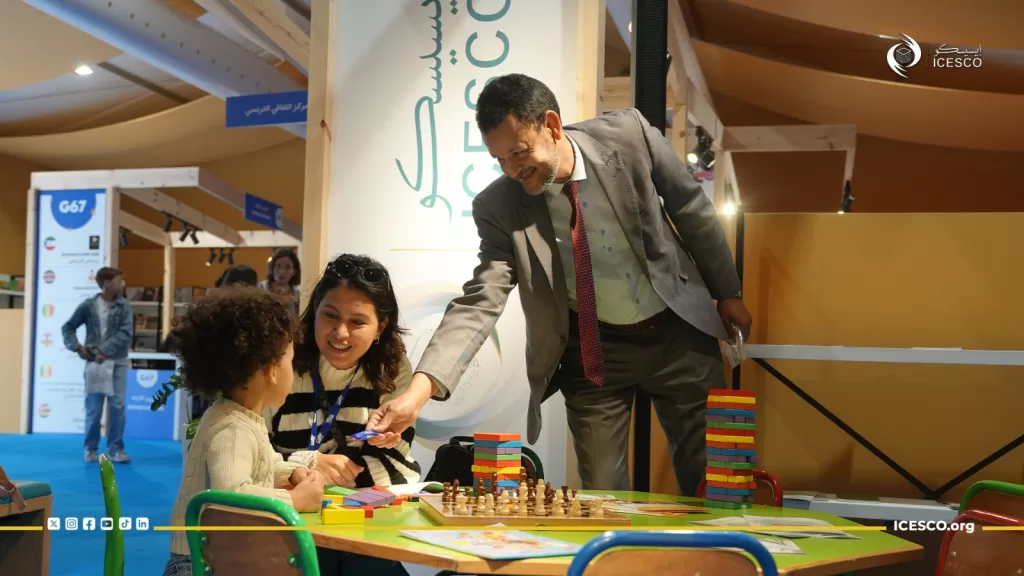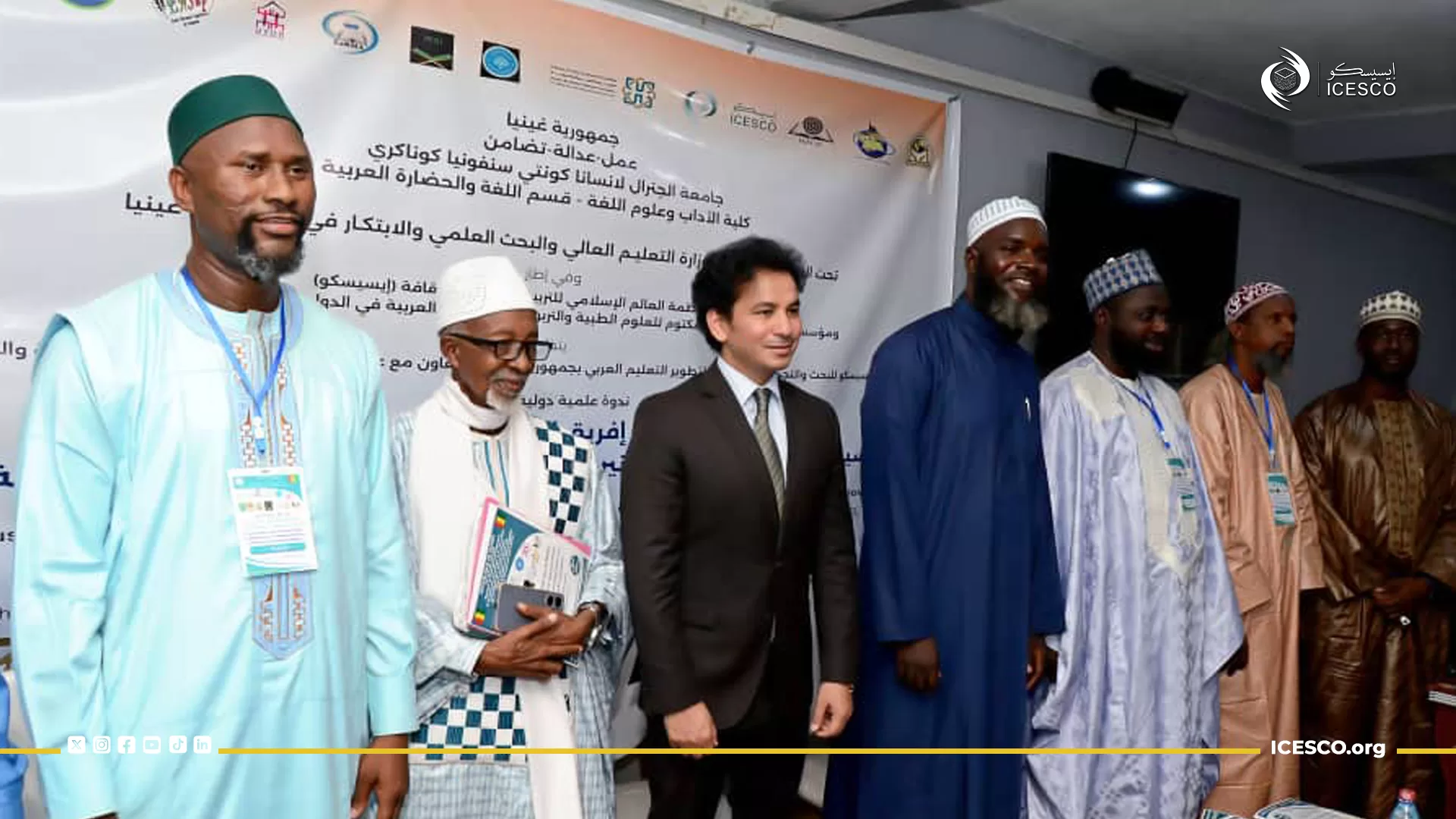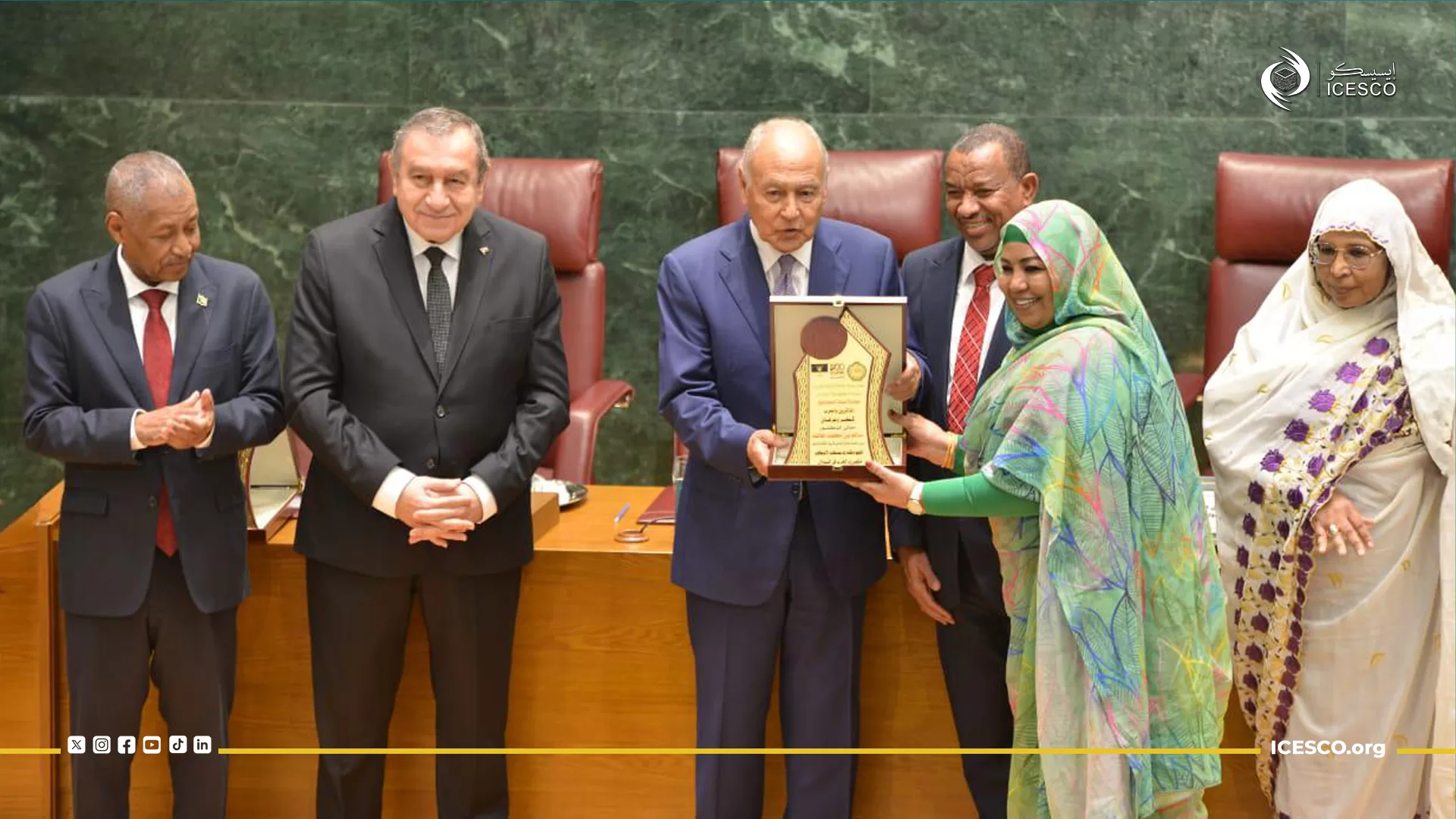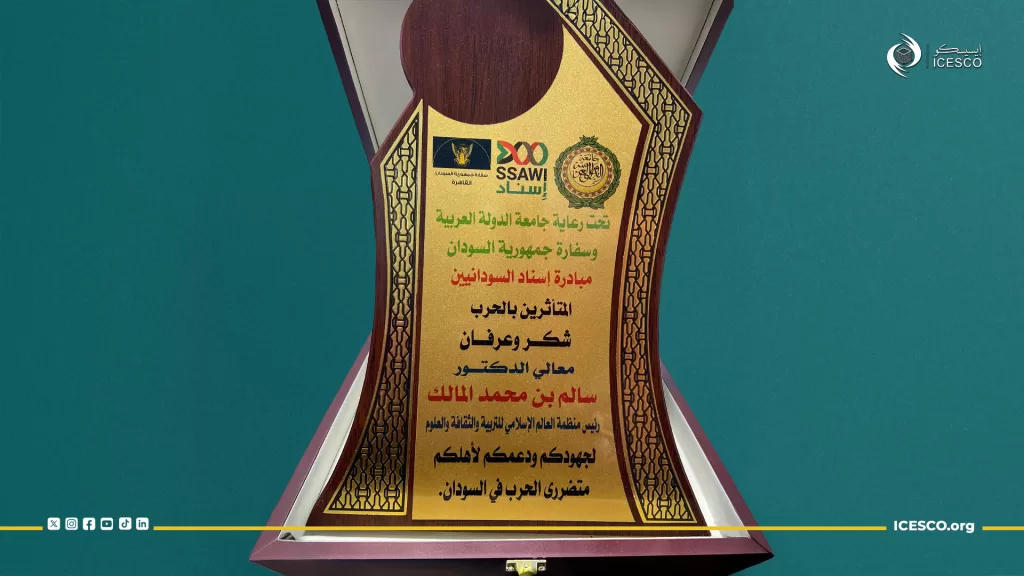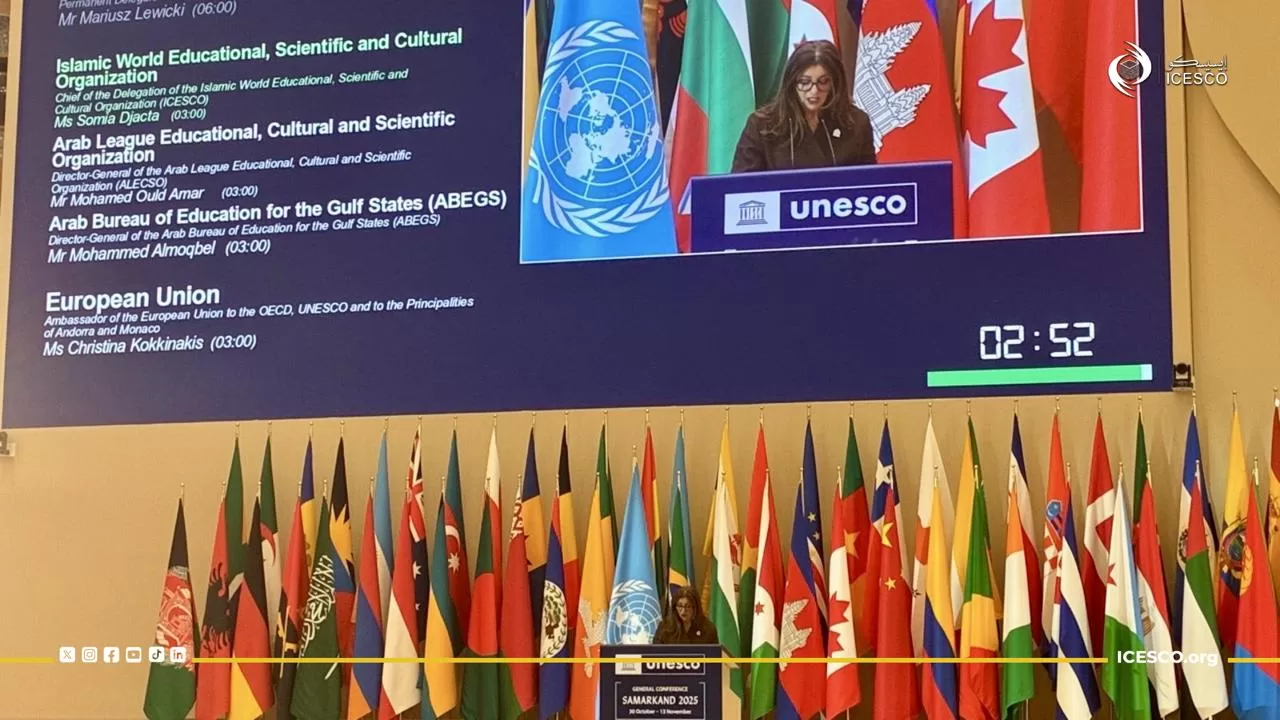The Director-General of the Islamic World Educational, Scientific and Cultural Organization (ICESCO), Dr. Salim M. AlMalik, received the Director-General of the Arab Administrative Development Organization (ARADO), Dr. Nasser Al-Hattlan Al-Qahtani, at the Organization’s headquarters in Rabat.
During the Meeting, the two sides explored potential areas of mutual cooperation between their organizations across several shared fields, including administrative development, intellectual property, and the preservation of cultural heritage. They also discussed opportunities for exchanging expertise and implementing joint programs that would contribute to achieving their shared goals and serving their Member States.
For his part, Dr. Salim AlMalik emphasized the importance of strengthening cooperation between ICESCO and ARADO, welcoming the opening of new horizons for coordination in distinctive projects and initiatives that serve the Member States and promote cultural and administrative development in the Islamic world.
At the close of the meeting, both parties agreed to enhance future partnership and cooperation in various areas that help foster sustainable development and advance administrative, cultural, and knowledge transformation across the Islamic world.
It is worth noting that ICESCO and ARADO are currently co-organizing the Fourth International Forum on Cultural Heritage Management, held under the theme “Manuscript Heritage in Light of Legal Frameworks, Preservation, and Digital Transformation.” The forum is taking place at ICESCO’s headquarters in Rabat from 11 to 13 November 2025, with the participation of a distinguished group of experts, researchers, and specialists in heritage, manuscripts, and Arabic calligraphy.

